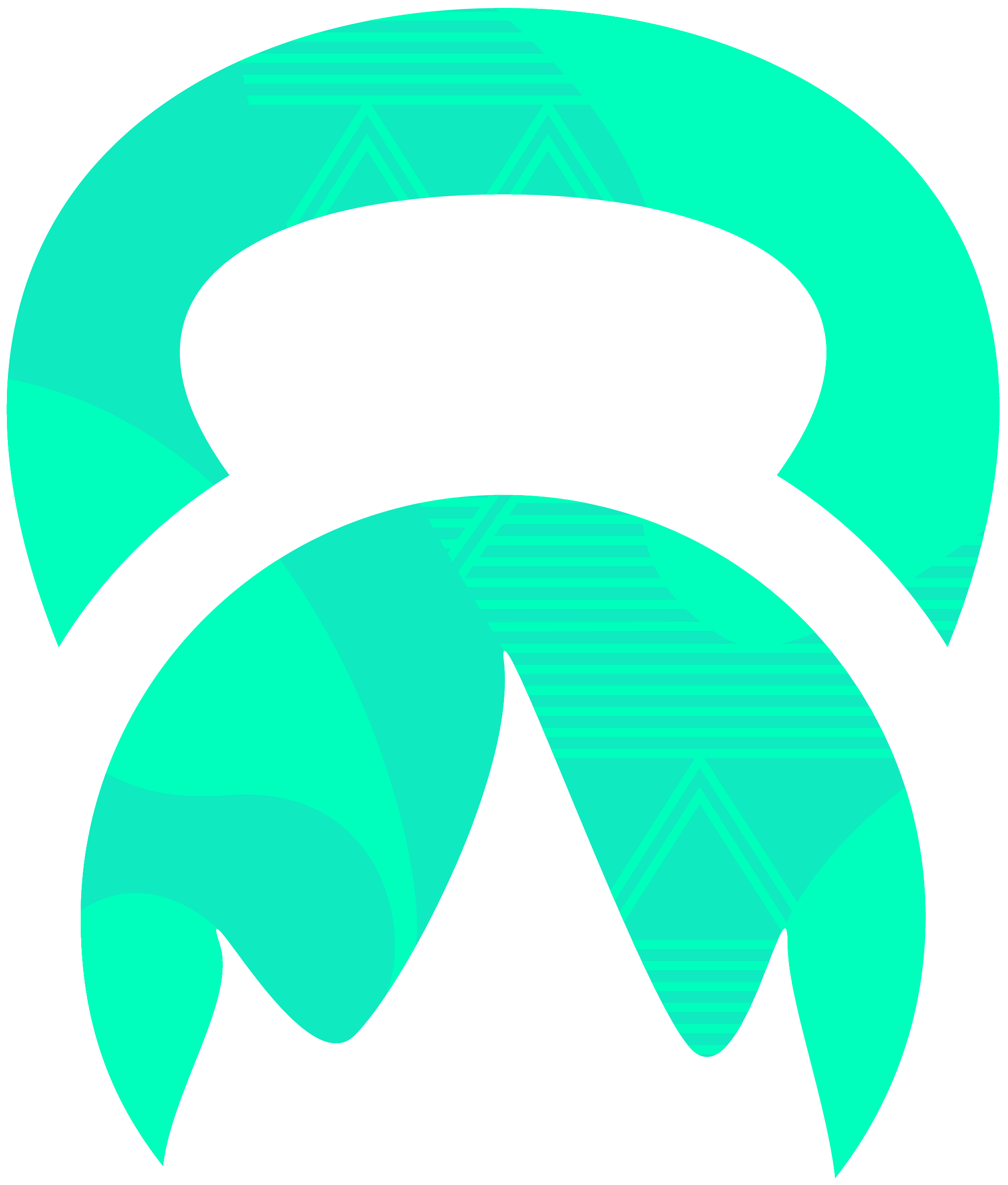What to do if you were potentially exposed to someone with COVID-19
Updated June 29, 2020
What to do if you were potentially exposed to someone with COVID-19
If you have been exposed to COVID-19, or think you have been exposed, you can help prevent the spread of the virus to others in your home and community. Please follow the guidance below.
Symptoms of COVID-19
Common symptoms are fever, cough and shortness of breath. Other symptoms may include chills, muscle pain, headache, sore throat, and new loss of taste or smell.
How do I know if I’ve been exposed to COVID-19?
You can get exposed when you come into direct contact with the secretions (droplets) of someone who has COVID-19 (being coughed or sneezed on, kissing, sharing utensils, etc.). People often get exposed by a household member or through close contact with another person. Close contact means that you have been within 6 feet of someone with COVID-19 for 15 minutes or more. Some people get COVID-19 without knowing how they were exposed.
Participate in a public health interview
If someone with COVID-19 tells public health they have recently been in close contact with you, you may hear from us by text or phone call. An interviewer will help you understand what to do and what support is available. The interviewer will not tell you who gave them your name.
If you later become ill, they will ask you for the names and contact information of people you were recently in close contact with to notify them about exposure. They will not share your name when they reach out to them.
I had close contact with someone who has COVID-19 but I am not sick. What should I do?
You should stay home and away from others. Check yourself for fever, cough, and shortness of breath for 14 days from the last day you had close contact with the person. Do not go to work or school, and avoid public places for 14 days (self quarantine).
I had close contact with someone who tested positive for COVID-19 and now I’m sick. What should I do?
If you were exposed to COVID-19 and get symptoms, you should stay home and away from other people, including household members (self isolate), even if you have very mild symptoms. Contact your health care provider for a test. Tell them you were exposed to someone with COVID-19 and are now sick.
How long do I need to isolate myself?
1. If you have confirmed or suspected COVID-19 and have symptoms, you can end home isolation when:
It’s been at least 3 days with no fever without using fever-reducing medication AND
Your symptoms have improved, AND
At least 10 days since symptoms first appeared.
2. If you test positive for COVID-19, but have not had any symptoms, you can end home isolation when:
At least 10 days have passed since the date of your first positive COVID-19 test, AND
You have had no subsequent illness.
More guidance is available for people who have or are suspected to have COVID-19. What’s the difference between isolation and quarantine?
Isolation is what you do if you have COVID-19 symptoms, or have tested positive for COVID-19. Isolation means you stay home and away from others (including household members) for the recommended period of time to avoid spreading illness.
Quarantine is what you do if you have been exposed to COVID-19. Quarantine means you stay home and away from others for the recommended period of time in case you are infected and are contagious. Quarantine becomes isolation if you later test positive for COVID-19 or develop COVID-19 symptoms.
More COVID-19 Information and Resources
Stay up-to-date on the current COVID-19 situation in Washington, Governor Inslee’s proclamations, symptoms, how it spreads, and how and when people should get tested. See our Frequently Asked Questions for more information.
The risk of COVID-19 is not connected to race, ethnicity or nationality. Stigma will not help to fight the illness. Share accurate information with others to keep rumors and misinformation from spreading.
WA State Department of Health 2019 Novel Coronavirus Outbreak (COVID-19)
WA State Coronavirus Response (COVID-19)
Find Your Local Health Department or District
CDC Coronavirus (COVID-19)
Stigma Reduction Resources
Questions about COVID-19? Call our hotline at 1-800-525-0127 and press #. For interpretative services, say your language when the call is answered. Hotline hours: 6 a.m. to 10 p.m. Monday-Friday and 8 a.m. to 6 p.m. on weekends. For questions about your health, COVID-19 testing, or testing results, contact your health care provider.
To request this document in another format, call 1-800-525-0127. Deaf or hard of hearing customers, please call 711 (Washington Relay) or email civil.rights@doh.wa.gov.

